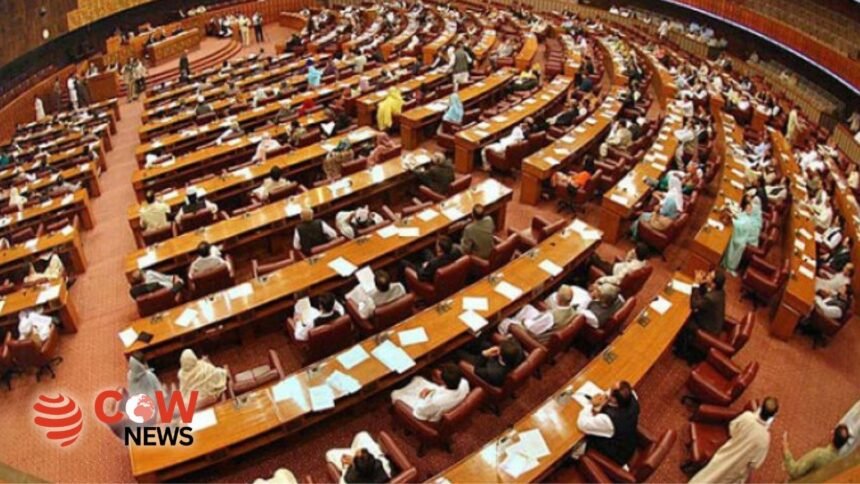Islamabad: The National Assembly has approved the PICA (Pakistan Electronic Crimes Amendment) Bill 2024, which seeks to tighten social media regulations. The bill was presented during a session chaired by Speaker Ayaz Sadiq, and was brought as part of a supplementary agenda. The bill faced protests from journalists, leading to a walkout from the press gallery.
The bill proposes the establishment of a Digital Rights Protection Authority (DRPA), granting it authority to remove online content, regulate social media platforms, and take action against individuals involved in sharing prohibited or harmful material.
Key Provisions:
- Digital Rights Protection Authority (DRPA): This new authority will be empowered to remove objectionable content and regulate social media platforms. It will also have the power to block access to prohibited materials and take action against those sharing such content.
- Expanded Definition of Social Media: The bill introduces a broader definition of “social media platforms,” including websites, applications, and communication channels used for online access.
- Regulatory Authority Over Social Media: The DRPA will oversee complaints and conduct investigations into online materials. It can block or restrict access to illegal content and ensure compliance by social media companies with set deadlines.
- New Definition of Illegal Content: The amendment expands the scope of illegal content, including anti-state material, blasphemy, and content that endangers national security. The list also includes defamation, terrorism-related content, and fake news.
- Penalties for Fake News: The bill stipulates a three-year prison sentence and a fine of up to 2 million rupees for spreading fake news. A Social Media Protection Tribunal will be established to handle cases related to digital crimes, with the obligation to resolve cases within 90 days.
- Abolition of FIA Cybercrime Wing: The bill proposes the closure of the FIA’s Cyber Crime Wing, transferring its assets and responsibilities to the newly established National Cyber Crime Investigation Agency (NCCIA).
Under the proposed amendments, sharing deleted content on social media could result in a three-year jail term and a 2 million rupee fine. The bill also includes provisions for regulating content shared in parliamentary bodies, with penalties for unauthorized publication of deleted materials.







